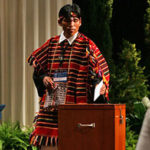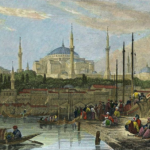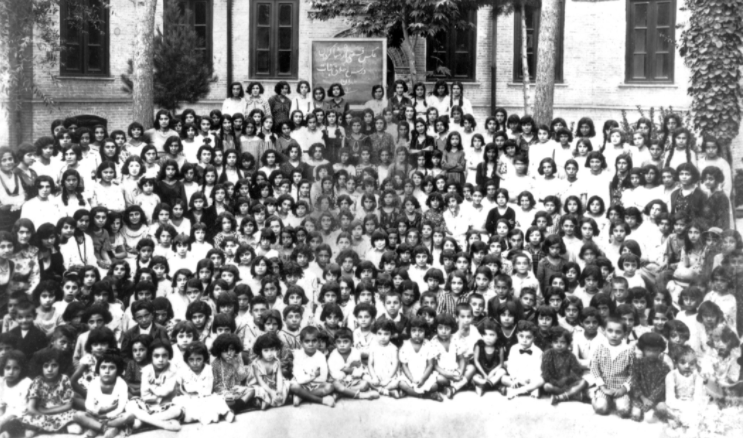
Achieving Unity
 It was not obvious when Bahá’u’lláh stated it, but it is obvious today. The problems of the world cannot be solved and human welfare and peace cannot be achieved, until humanity’s unity “is firmly established”.
It was not obvious when Bahá’u’lláh stated it, but it is obvious today. The problems of the world cannot be solved and human welfare and peace cannot be achieved, until humanity’s unity “is firmly established”.
Yet if we look around the world, there is nothing more obvious than the divisions that beset human beings.
No two men can be found who may be said to be outwardly and inwardly united. The evidences of discord and malice are apparent everywhere, though all were made for harmony and union.[1]
If unity were easy, it would have already been achieved. It is not impossible, but it is harder than even the most visionary goals human beings have achieved so far. Harder than going to the moon. Far harder. Speaking of unity at the global level, in 1875, Abdu’l Baha wrote:
A few, unaware of the power latent in human endeavor, consider this matter as highly impracticable, nay even beyond the scope of man’s utmost efforts. Such is not the case, however. … Endeavor, ceaseless endeavor, is required. Nothing short of an indomitable determination can possibly achieve it. Many a cause which past ages have regarded as purely visionary, yet in this day has become most easy and practicable. Why should this most great and lofty Cause—the daystar of the firmament of true civilization and the cause of the glory, the advancement, the well-being and the success of all humanity—be regarded as impossible of achievement? Surely the day will come when its beauteous light shall shed illumination upon the assemblage of man.[2]
It is clear also that unity requires a process of change at the individual, community and institutional level. It requires a process of learning and tools and a culture that supports the appearance of unity. A prevalent culture of resort to violence in international disputes, for example, undermines any possibility of unity. Cultural patterns which reward dominating and divisive behaviours in political, economic and other spheres undermine the possibility of unity.
In a previous article exploring consultation, we looked at consultation and its characteristcs. In Abdu’l Baha’s parable of consultation that is reproduced in the article, a characteristic of the consultation among the disciplines, was that there was no dominating behaviour — all participated in the consultation.
At the individual level we are constantly tested when we try to find unity with our fellow human beings – internal self-doubts – problems of communication and misunderstanding – problems of ego and envy. All these can undermine our efforts to achieve unity.
In previous articles we have also seen that in Bahá’u’lláh’s thought – individual, community and institutions are called to the same goal: fostering the welfare of humanity as a whole. The reason is obvious – what other goal could unify human beings? And without a common goal – how could human beings ever be united?
If we accept such a goal – the next question is how do we work together to achieve it? How do we build a shared understanding of what this might mean?
(This article is the 87th in a series of what I hope will be 200 articles in 200 days for the 200th anniversary of the birth of Bahá’u’lláh. The anniversary is being celebrated around the world on 21 and 22 October 2017, The articles are simply my personal reflections on Bahá’u’lláh’s life and work. Any errors or inadequacies in these articles are solely my responsibility.)






